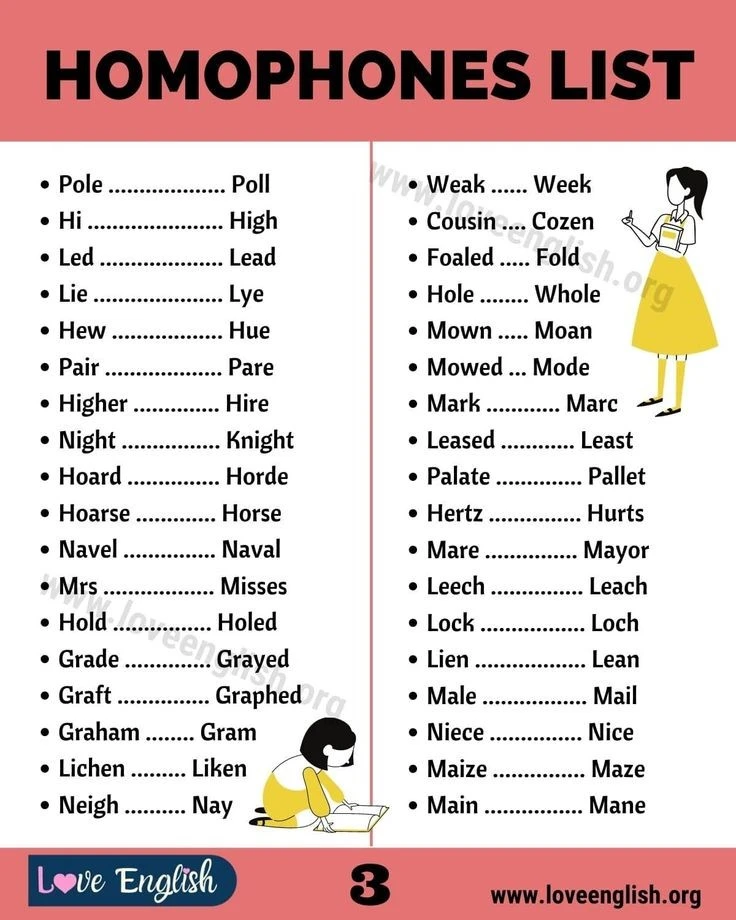Table of Content
Discover How the Homophones Roll and Role Differ in Their Meanings and Usage
The English language, while rich and expressive, often throws new learners and even native speakers a curveball due to an interesting and sometimes frustrating element called homophones. Homophones, for those who don’t know, are words that sound alike, but have distinctly different spellings and meanings. And among these linguistic twisters, the roll vs role set is an interesting one, a common cause for confusion that sometimes leads to humorous grammatical misinterpretations.
The subtle difference in their spelling, a mere change of two letters, belies the significant difference in their semantics. Understanding when to use each word correctly is not just a matter of grammatical accuracy, but is also critical for clear and effective communication in branding and marketing.
In this article, we will dive into the fascinating world of these confusing homophones, offering a deep exploration of the individual meanings, nuances, and proper usage of both “roll” and “role.” We will also discuss the phenomenon of homophones in the English language, their inherent challenges, and the opportunities they present to make your copy memorable through wordplay.
Let’s begin and explore how professional web copywriting services use these homophones to their advantage.
Homophones and the English Language’s Dilemma of Similar-Sounding Words

Let’s begin with understanding the concept of homophones. Homophones, derived from the Greek words “homos” (same) and “phone” (sound), are words that share the same pronunciation, but different meanings and spellings. They represent a unique characteristic of the English language, a remnant of its diverse historical roots and phonetic evolution.
While homophones can sometimes be used for clever wordplay, they also present a common avenue of confusion for both amateurs and native speakers who might occasionally stumble over the correct usage in writing. Examples of such homophones include words like “there,” “their,” and “they’re”; “to,” “too,” and “two”; and, of course, the eponymous “roll” vs “role.” As you can see, writers will need to pay close attention to context and spelling of these homophones to convey the intended meaning accurately, due to the minor differences in the spellings of these words.
Why Are Homophones So Common in the English Language?
The prevalence of homophones in English is often traced to several factors, including the blending of vocabulary from various Germanic and Romance languages over centuries. As these words were adopted, their spellings and meanings often diverged while their pronunciations were similar.
Moreover, phonetic shifts within the English language have led to different words starting to sound the same over time. This results in the potential for miscommunication for those who rely heavily on phonetic feel, highlighting the need for clear contextual clues to ensure that mistakes can be avoided.
That is because misusing homophones can cause mistakes that range from mildly humorous to clear lack of important communication. For example, writing that someone played a significant “roll” in a project, when you meant “role,” gives an entirely different meaning to those who know the correct usage, communicating that the person had a tumble during the meeting.
Therefore, the right contextual clues are important for choosing the right option for the desired negative or positive words to use.
Defining Roll – What Does It Mean, and How to Use It in English?

The word “roll” is a versatile term in the English language, functioning as both a verb and a noun with a variety of distinct meanings, all generally related to the idea of turning over and over, moving on wheels, being shaped like a cylinder, or a list of names. Understanding these different senses of “roll” is key to using it correctly.
As a verb, “roll” primarily describes the action of moving by turning over repeatedly. For example, “The ball began to roll down the hill.” It can also describe movement on wheels, as in “The car rolled to a stop.”
Moreover, “roll” can mean to flatten or spread something by passing a roller over it, such as “She rolled out the dough for the pie.” Another common verb usage is to turn something around oneself or into a cylindrical shape, like “He rolled up the newspaper” or “The cat rolled itself into a ball.” Then, “roll” can also mean to move or pass steadily smoothly, as in “The years rolled by.” Or it can also mean to move from side to side or up and down, as a ship does in waves. This makes it the more prolific neutral tone words among the two options.

In the context of food, a “roll” is a small, often cylindrical piece of bread or pastry. For example, “a dinner roll” or “a sausage roll.” Another important noun usage is to refer to an official list of names, such as “the school roll” or “a voting roll.” Understanding these diverse noun forms is crucial for interpreting the intended meaning of “roll” in different situations.
These examples demonstrate the wide range of contexts in which “roll” can be used, emphasizing the importance of considering the surrounding words and the overall sentence structure to grasp its specific meaning.
What Does Role Mean, and How Is It Used in the English Language Today

The word “role” is exclusively a noun and refers to a function assumed by or assigned to a person or thing in a particular situation. It signifies a specific part played or a position held within a group, organization, activity, or even in a fictional work. Understanding the various contexts in which “role” is used is essential for accurate and effective communication.
One of the most common uses of “role” is to describe a part played by an actor in a play, movie, or television show, making it a popular one among adjectives that start with R. For example, “She landed the lead role in the new film.” In this context, it refers to the character that the actor portrays. Another example can be like “He played a crucial role in the success of the project,” which indicates the significant function he performed. Similarly, “What is the role of government in a market economy?” inquires about the specific function or responsibility of the government.
In a broader societal context, we might discuss “the role of education in personal development” or “the evolving role of women in the workforce.” In these cases, “role” refers to the function or importance of something within a larger system. It’s important to note that “role” often implies a set of expectations, responsibilities, and behaviors associated with a particular function or position.
These examples highlight the consistent use of “role” as a noun denoting a function, part, or position within a specific context, whether it be theatrical, professional, societal, or situational.
Roll vs. Role – A Comparative View of When to Use Each Word

When deciding whether to use “roll” or “role,” consider the action or the noun being described. If you are referring to something that is turning over, moving on wheels, is shaped cylindrically, or a list, then “roll” is likely the correct word. Conversely, if you are referring to a function, part, or position that someone or something assumes or is assigned in a particular situation, then “role” is the appropriate choice.
By consciously considering the intended meaning – movement/shape/list versus function/position, you can effectively navigate the distinction between these two commonly confused homophones and ensure clarity in your communication.
FAQs
| Is it roll or role for attendance? When it comes to attendance, the word that needs to be used should describe an action, hence a verb. Therefore, the correct option would be roll, as in attendance roll, or roll call. |
| Is it “Are we on a roll” or “Are we on a role?” As it describes an action, the correct phrase would be the former one, i-e “Are we on a roll.” |
Conclusion
The English language’s affinity for homophones presents both a richness and a challenge, and the pair “roll vs role” perfectly exemplifies this phenomenon. While their identical pronunciation can lead to understandable confusion, their distinct meanings and grammatical functions necessitate careful consideration for accurate usage. By understanding these core distinctions and paying attention to the surrounding words and the intended meaning, writers can effectively navigate this linguistic hurdle.

Unleash your brand story`s potential with eContentSol – your creative writing companion. We craft narratives that captivate. Ready to elevate your content game? Dive into creativity with us and let`s bring your ideas to life.


